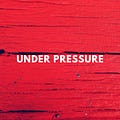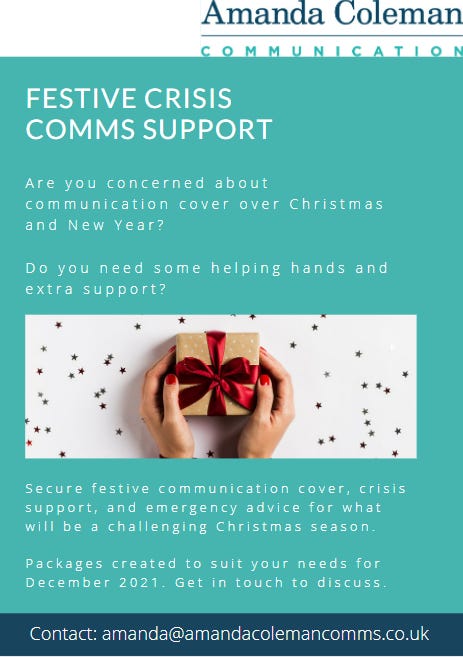Trust and confidence
The murder of Sarah Everard by a servicing police officer has had a significant impact on trust and confidence in policing. Concerns about the safety of women and girls have been at the forefront of people’s minds. Alongside this there are further questions being raised about the vetting, professional standards and culture within the Metropolitan Police, where the police officer worked. I spoke to PR Week as part of the article looking at the situation and handling of the issue. You can read the article here. In addition I wrote a blog about the position that you can read here.
The key is that this is going to be a long road back to regain trust and confidence and there may be setbacks along the way. There is no ‘quick fix’ that will undo any damage that the current situation has created. It is a reminder of the importance of a sustained and long term recovery that will build a stronger future. If you move too quickly to try and brush the crisis away you will risk further criticism from people who are still trying to make sense of what has happened.
The same can be seen with other organisations and reputational challenges. The executive team may be rushing to move forward but without trust and confidence being restored it will lead to further problems.
Facebook and the whistleblower
Managing the issues around a whistleblower is a significant challenge to the communicator. In the UK there is specific legislation that all PR and communicators should be aware of as it provides details of what can and cannot be done. Unfortunately, many communicators are not aware of the sensitivities until they are confronted with the problem.
Facebook’s approach this week was denial and an attempt to isolate the commentary provided by the whistleblower. The counter-attacks can support the comments made by the former member of staff about how a big business operates. Marginalising a whistleblower is dangerous as it can be used to support their views of the company. In most cases a more conciliatory approach is more beneficial to take. No organisation operates 100 per cent effectively and ethically all the time so be prepared to review the operation and assess what may need to change.
To discuss how to manage complaints and approach whistleblowing get in touch at amanda@amandacolemancomms.co.uk
Going Viral
The World Health Organisation has launched a game that is aiming to educate people about the problems of Covid-19 misinformation. It details some of the common ways that false and misleading information spreads. You can find out more here.
In Brief:
The Chartered Institute of Public Relations has created a crisis communication group. Amanda has been in discussion with the group to look at providing support or be involved in future events and work. Watch this space for further details.
Two EU projects have released a report looking at the key role that communication plays in preparing for and dealing with a crisis. Inclusive Communication in Times of Crisis was circulated recently by Susan Anson of Trilateral Research. Find out more here.
A study of wildfires in British Columbia in 2017-2018 has provided insights into developments to improve communication. The study was conducted by Thompson Rivers University and you can find out more here.
Diary Dates:
Tuesday 12 October 10.30am - Amanda will be running a webinar for the PRCA looking at getting the maximum impact from a minimal or non-existent PR budget. Details here.
Wednesday 13 October - a full day looking at Managing an In-house team will be provided by Amanda for the PRCA. Details are here.
On Thursday 14 October - Amanda is joining Lyn Webb to discuss Leading through uncertainty and change as part of the Business Continuity Institute’s Women in Resilience group. Details are here.
On the 22 October - Amanda will be the guest chair for the SASIG webinar. More information in a future edition of Under Pressure.


